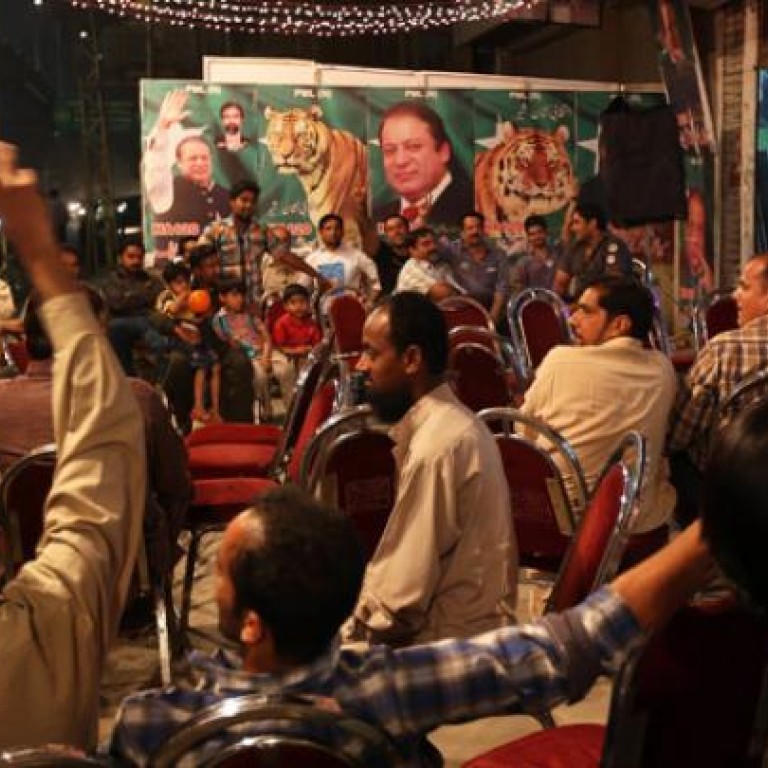
Pakistan election vetting fails to bar corrupt candidates, observers say
Scrutiny of potential candidates has missed the mark and observers say corrupt politicians and tax dodgers have been given a path to power
After a week of sometimes bizarre scrutiny of candidates for Pakistan's election, fears are growing that the process has failed to weed out the bribe-takers and tax-dodgers it was targeting.
Pakistanis go to the polls on May 11 in a general election that should see power pass from a civilian government that has served a full term to another through the ballot box for the first time in the nuclear-armed country's turbulent history.
There has been furious debate about the process of vetting candidates for the national assembly, after returning officers grilled them on Islamic prayers and rituals and even baffling general knowledge questions.
The independent Human Rights Commission of Pakistan has warned that the scrutiny process had turned into a "witch-hunt aimed at harassing and humiliating candidates" and was undermining democracy.
Two clauses of the Pakistani constitution requiring lawmakers to be knowledgeable about Islam and follow Islamic injunctions lie behind the questioning. They were introduced by military dictator Zia-ul-Haq in the 1980s but lay largely ignored until cleric Tahir-ul-Qadri recently launched an anti-corruption campaign, leading tens of thousands of protesters into the streets demanding rigorous scrutiny of politicians.
Tahir struck a chord in a country plagued by corruption and where few MPs pay tax.
Sarwar Bari, of the Free and Fair Election Network (Fafen), an independent group that monitors elections in Pakistan, said the returning officers, who have rejected 1,209 out of 8,059 national assembly nominations, had missed the key issue.
"In my view, corrupt politicians have been given clearance and that is very sad. It has damaged people's trust in the whole process," he said. "The biggest issue in Pakistan is corruption and that has not been addressed - no politician so far has been disqualified on that basis."
A report in December found that two-thirds of federal lawmakers paid no tax the previous year despite an estimated average net wealth of nearly US$900,000, and some of the most prominent MPs have faced major corruption allegations.
Under the constitution, anyone who fails to pay their taxes or utility bills or who has outstanding debts of 2 million rupees (HK$157,000) or more is barred from running for parliament.
Two of the country's leading English-language newspapers ran editorials on Thursday denouncing the apparent failure to apply the rule. "Not being able to recite Koranic verses became ground for disqualification but financial impropriety is apparently considered more kosher," wrote the .
lambasted the "dismal, disappointing and shameful" amount of tax paid by MPs in the past three years and voiced surprise that "not one big name has been disqualified for not paying taxes or defaulting on bank loans".
Tahir himself took to Twitter to claim that the "majority of the people getting 'elected' to legislatures would be tax evaders and loan defaulters".
The 425 returning officers, who are drawn from the ranks of junior judges, have had a busy time, with more than 23,000 nominations - including those for the provincial assemblies - to look through.
Fafen's Bari said the election commission had not given them the resources or the training they needed to examine the prospective MPs' financial submissions properly.
